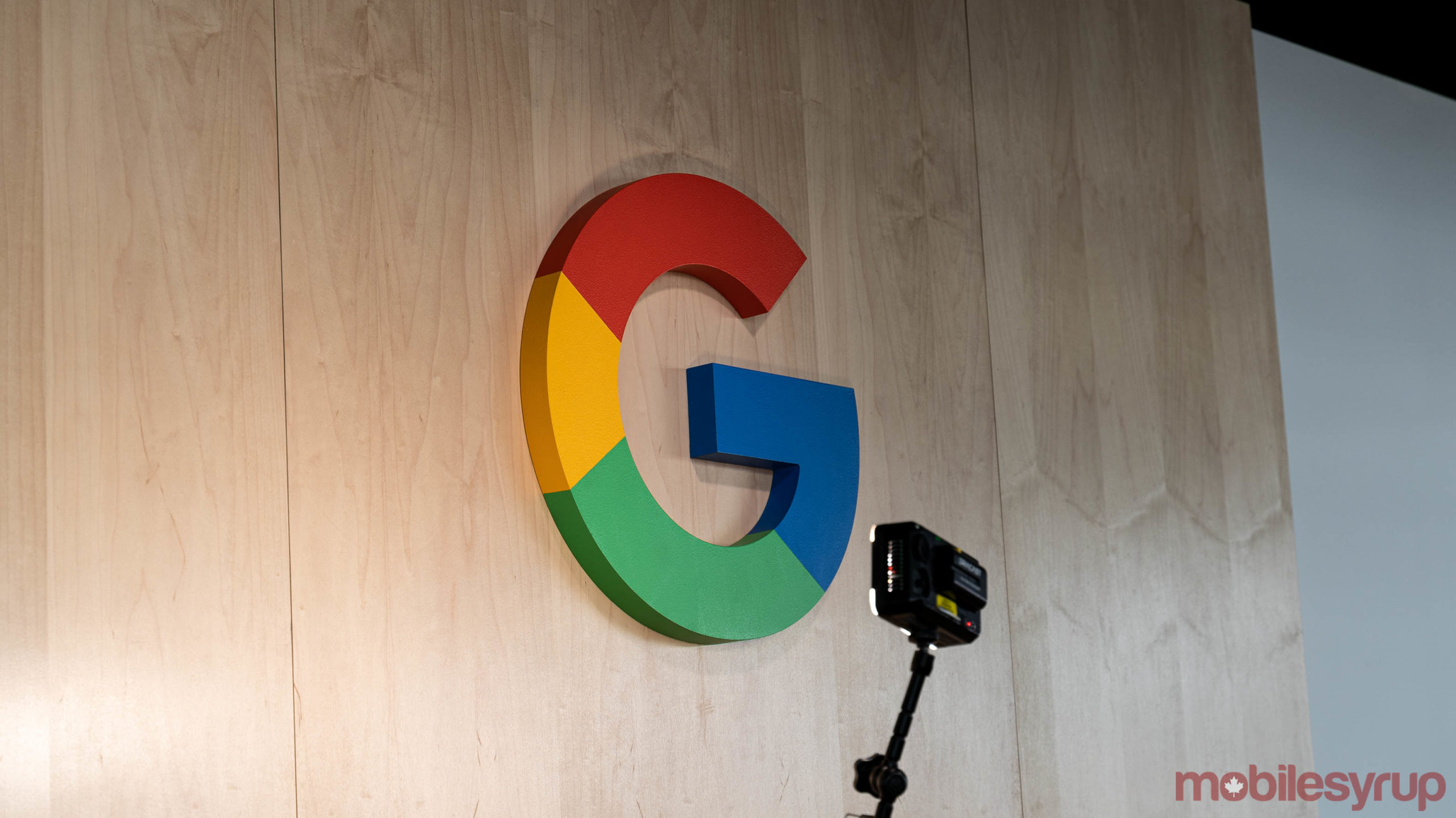
Several browsers, including Mozilla Firefox and Apple Safari, have taken aim at third-party tracking cookies on the web. Measures taken by both hope to cut down on tracking by blocking these cookies.
Google has been a little slower on the uptake with its own Chrome browser — widely considered the most popular based on market share. However, part of Google’s ‘phased’ approach to moving away from third-party tracking cookies was introducing new technology to replace them.
Now, one of those alternatives, called ‘trust tokens,’ has arrived for developers to test. Unlike cookies, trust tokens can authenticate a user without needing to know their identity. That should mean these tokens won’t be able to track users across websites since, theoretically, they’re all the same.
However, the trust tokens could still allow websites to show advertisers that actual users — not robots — visit their site or click their ads. Further, an explainer posted to GitHub suggests websites could issue multiple different kinds of trust tokens.
Along with these changes, Google announced it would roll out a tweak to the ‘Why this ad’ button that lets users view why an ad was targeted at them. The new ‘About this ad’ label provides the advertiser’s verified name, so it now lets users see which companies target them. The label will also make it more clear how Google collects personal data for ads.
These new labels will arrive toward the end of the year.
Along with that, Google announced a new extension for Chrome called ‘Ads Transparency Spotlight.’ Currently in alpha, it should offer information about all the ads a user sees online. Users will be able to see details about ads on a webpage, why that page shows ads and a list of companies and services with a presence on the page. That includes website analytics and content delivery networks.
For now, none of this likely means anything for the average users. Hopefully going forward, this leads to more transparency around tracking and ads, more user control over these things, and better ads overall.


